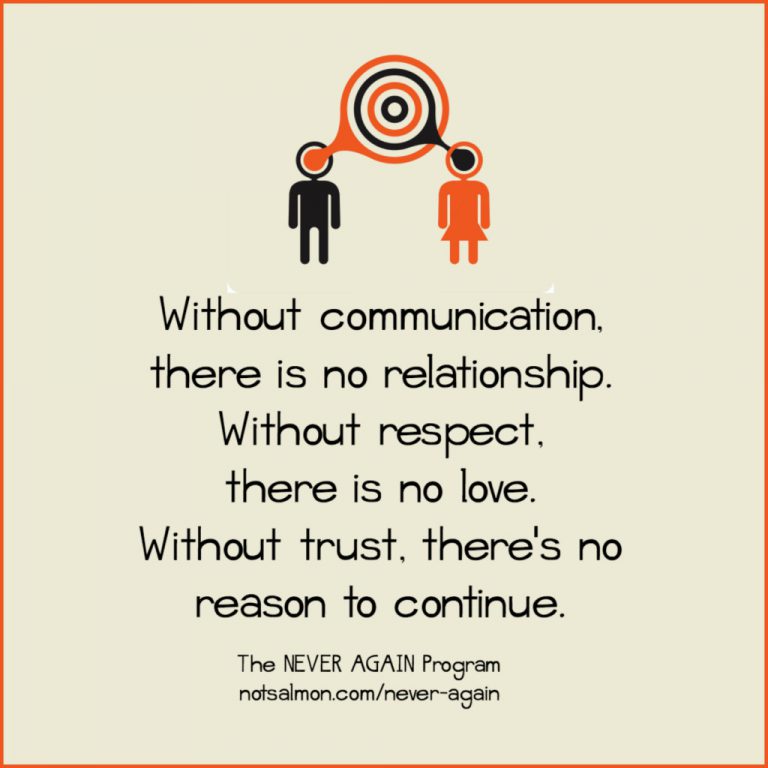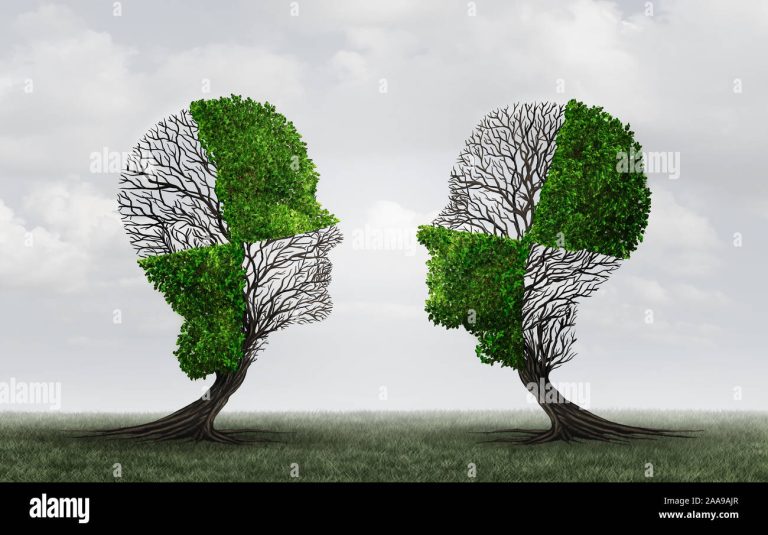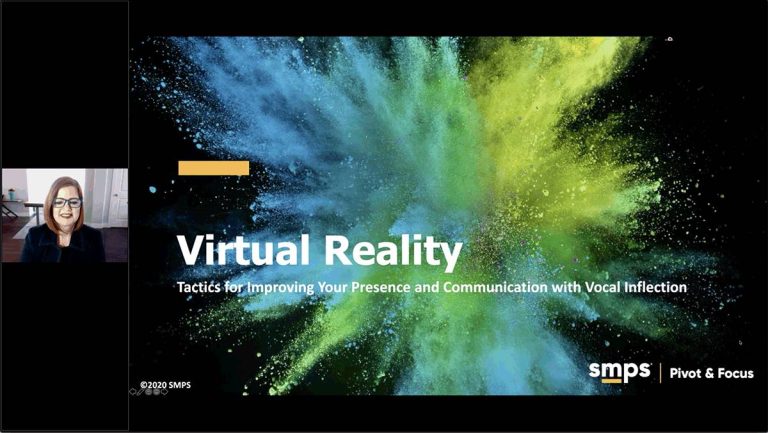Why are Communication Skills Important?
Communication skills are important because they facilitate effective exchange of ideas and information. Good communication helps build strong relationships and enhances understanding between individuals and groups.
In today’s fast-paced world, effective communication is essential for success in both personal and professional realms. Whether it is expressing thoughts and emotions, negotiating, problem-solving, or collaborating, effective communication skills enable individuals to convey their message clearly and concisely, ensuring that it is understood and received positively.
Strong communication skills also foster trust, empathy, and connection, which are important for building and maintaining harmonious relationships. Overall, honing communication skills is vital for effective interaction and achieving desired outcomes in various aspects of life.

Credit: emeritus.org
The Impact Of Effective Communication In Personal Relationships
Effective communication is crucial for the success of personal relationships. Mastering communication skills allows individuals to express their thoughts and feelings, resolve conflicts, and build trust, ultimately nurturing strong and fulfilling connections with others.
Effective communication plays a crucial role in nurturing and maintaining personal relationships. When we communicate well, we create an environment of understanding, empathy, and respect, which fosters stronger connections with our loved ones. Let’s explore the various ways in which effective communication can positively impact personal relationships:
Improved Understanding And Empathy:
- Active listening: By actively listening to our partner’s thoughts and feelings, we demonstrate that we value their perspective. This fosters a deeper understanding and empathy, leading to stronger emotional bonds.
- Clarifying communication: Clear and concise communication helps avoid misunderstandings and assumptions. It allows us to better understand each other’s needs, desires, and concerns.
- Non-verbal cues: Paying attention to non-verbal cues, such as body language and facial expressions, can provide valuable insights into our partner’s emotions. This helps us empathize and respond appropriately.
- Empathetic responses: Empathy is the ability to understand and share the feelings of another person. By responding with empathy, we validate our partner’s emotions and create a safe space for open communication.
Conflict Resolution And Problem-Solving:
- Open dialogue: Effective communication enables open and honest dialogue during conflicts or disagreements. Through active listening, clear expression of thoughts, and respect for differing viewpoints, we can find solutions that meet both parties’ needs.
- Avoiding blame and criticism: A non-blaming and non-judgmental approach encourages healthier discussions. By focusing on finding solutions instead of placing blame, we create an environment conducive to resolving conflicts.
- Negotiation and compromise: Effective communication skills help us express our needs and desires while considering our partner’s perspective. This fosters an atmosphere of compromise and collaboration, leading to mutually satisfying resolutions.
Building Trust And Connection:
- Vulnerability and openness: When we communicate honestly and authentically, we build trust with our partners. Sharing our true thoughts, fears, and vulnerabilities encourages them to do the same, strengthening the connection.
- Emotional support: Effective communication allows us to provide emotional support to our loved ones during challenging times. By actively listening and offering understanding, we create a supportive environment that cultivates trust and connection.
- Expressing appreciation: Regularly expressing appreciation and gratitude for our partner’s efforts and qualities reinforces positive feelings in the relationship. Effective communication allows us to convey our appreciation in a meaningful and heartfelt way.
The impact of effective communication in personal relationships cannot be underestimated. Improved understanding and empathy, conflict resolution and problem-solving, and building trust and connection are just a few of the many benefits that effective communication brings to our relationships. By honing our communication skills, we can create healthier, more fulfilling connections with our loved ones.
So, let’s invest in nurturing strong communication skills for the betterment of our personal relationships.
The Role Of Communication Skills In The Workplace
Effective communication skills play a vital role in the workplace, fostering collaboration, productivity, and understanding among team members. Clear and concise communication ensures that ideas are conveyed accurately and helps to prevent misunderstandings that can hinder progress. Strong communication skills are essential for building relationships and establishing a positive and professional work environment.
Enhanced teamwork and collaboration:
- Effective communication fosters a sense of unity and cooperation among team members, promoting better collaboration.
- Clear and concise communication ensures that everyone is on the same page, reducing misunderstandings and conflicts.
- Active listening and effective feedback exchange contribute to building trust and encouraging open dialogue within a team.
Increased productivity and efficiency:
- Efficient communication allows for the smooth flow of information, minimizing delays and bottlenecks in work processes.
- Clearly conveying expectations, priorities, and deadlines helps employees stay focused and complete tasks in a timely manner.
- Effective communication eliminates unnecessary repetition and confusion, enabling employees to work more efficiently and avoid errors.
Effective leadership and management:
- Strong communication skills are vital for leaders to articulate their vision, goals, and strategies to their teams.
- Leaders who actively listen to their employees’ concerns and provide constructive feedback create a positive work environment.
- Effective communication empowers managers to delegate tasks effectively, provide guidance, and motivate their teams.
By possessing strong communication skills, individuals can enhance teamwork, boost productivity, and effectively lead and manage teams in the workplace. It is evident that effective communication is crucial for overall success and growth within an organization, contributing to a harmonious work environment and improved business outcomes.
The Significance Of Communication In Education And Learning
Effective communication skills play a crucial role in education and learning, as they enhance understanding and encourage active participation. By fostering clear and concise interactions, communication enables students to express their thoughts, collaborate with peers, and engage in meaningful discussions, laying the foundation for comprehensive learning experiences.
Effective communication skills play a vital role in education and learning. Whether it is interacting with professors, classmates, or sharing ideas in a group setting, good communication skills are essential for academic success. In this section, let’s explore three key aspects that highlight the significance of communication in education and learning.
Active Listening And Comprehension:
- Active listening: Actively listening to others allows students to grasp information more effectively. By focusing on the speaker, students can understand and retain information accurately.
- Improved comprehension: Good communication skills enhance comprehension levels. When students actively listen and engage in conversations, it enables them to grasp complex concepts and ideas more readily.
- Collaborative learning: Communication promotes collaborative learning environments where students can share their knowledge, opinions, and perspectives. By actively listening to their peers, students can learn from different viewpoints and develop a deeper understanding.
Effective Presentation And Public Speaking:
- Enhanced expression: Effective communication skills enable students to express their thoughts and ideas clearly and confidently. When presenting their work or speaking publicly, students can articulate their points in a way that engages the audience.
- Confidence building: Strong communication skills help students build self-confidence. By learning to present their ideas and thoughts, students gain the ability to express themselves confidently in various academic and professional settings.
- Impactful delivery: Effective communication in presentations and public speaking allows students to deliver their messages in a clear and impactful manner. The ability to engage the audience and convey information effectively can greatly enhance the overall learning experience.
Promoting Critical Thinking And Creativity:
- Analytical skills: Communication plays a significant role in developing critical thinking skills. Through discussions and debates, students learn to analyze and evaluate information, enhancing their ability to think critically and solve problems effectively.
- Idea generation: Communication encourages brainstorming and idea sharing in educational settings. By promoting an open exchange of ideas, students can tap into their creativity, resulting in innovative thinking and problem-solving.
- Collaboration and teamwork: Effective communication fosters collaboration and teamwork, allowing students to work collectively on projects and assignments. By sharing ideas and collaborating with peers, students can develop innovative solutions and enhance their creative thinking skills.
Communication skills are of utmost importance in education and learning. Active listening and comprehension, effective presentation and public speaking, as well as promoting critical thinking and creativity, all contribute to successful academic experiences. By mastering these skills, students can excel in their educational journeys while developing crucial skills for their future endeavors.
Frequently Asked Questions
What Is The Importance Of 5 Skills Of Communication?
The five skills of communication are important for effective interpersonal relationships. They include listening, speaking, reading, writing, and non-verbal communication. Good listening skills help to understand others and respond appropriately. Effective speaking skills allow clear and concise expression of thoughts and ideas.
Reading enhances knowledge and understanding of various topics. Writing skills facilitate effective written communication across different mediums. Non-verbal communication skills include body language, facial expressions, and gestures, which enhance communication and convey messages. These skills are essential in personal and professional settings, enabling individuals to build strong connections, resolve conflicts, and collaborate effectively.
Developing and honing these skills can lead to improved relationships, increased productivity, and enhanced leadership abilities.
Why Communication Skill Is Important And How Can You Improve It?
Communication skills are important because they enable effective conveying of ideas, thoughts, and information. Good communication fosters understanding, builds relationships, and establishes trust. To improve communication skills, practice active listening, ask questions, and seek feedback. Use clear and concise language, maintain eye contact, and pay attention to body language.
Engage in group discussions, participate in public speaking events, and join networking opportunities to enhance communication abilities. Enhancing written communication can be done by proofreading, organizing thoughts logically, and using appropriate language for the target audience. Regularly engaging in conversations, both online and offline, can boost communication skills.
Additionally, honing these skills helps enhance overall personal and professional development. So remember, effective communication contributes to success in various aspects of life.
Why Communication Is The Key To Success?
Effective communication is crucial for achieving success in any endeavor. Communication allows individuals to express their thoughts, share ideas, and collaborate with others. It builds strong relationships and fosters understanding among team members, clients, and stakeholders. Moreover, clear communication helps avoid misunderstandings, resolves conflicts, and enhances productivity.
By actively listening and actively engaging in conversations, we can gather valuable information, gain insights, and make informed decisions. The ability to articulate thoughts concisely and clearly enables effective leadership and influence. It builds trust, credibility, and respect, leading to positive outcomes in personal and professional interactions.
Overall, communication is the key that unlocks the door to success by promoting collaboration, understanding, and effective problem-solving.
Why Are Communication Skills Important In The Workplace?
Good communication skills enhance productivity and collaboration in the workplace. They promote effective teamwork, build strong relationships, and prevent misunderstandings. Improved communication leads to increased employee satisfaction, higher job performance, and better overall organizational success.
Conclusion
Effective communication skills play a crucial role in our personal and professional lives. By improving our ability to convey thoughts, ideas, and emotions, we can establish stronger connections with others, enhance teamwork, and build successful relationships. Good communication fosters mutual understanding, reduces conflict, and encourages collaboration, enabling us to work effectively towards common goals.
It promotes empathy, active listening, and open-mindedness, allowing us to better understand and respect diverse perspectives. Furthermore, effective communication empowers individuals to articulate their needs, assert themselves, and negotiate effectively. It also plays a key role in leadership, as the ability to communicate clearly and inspire others is fundamental to motivating and guiding teams.
Whether it is in interviews, presentations, or everyday interactions, strong communication skills are invaluable in conveying our knowledge, expertise, and intentions. By honing our communication skills, we can cultivate more enriching and fulfilling connections both personally and professionally, setting the stage for continuous growth and success.





